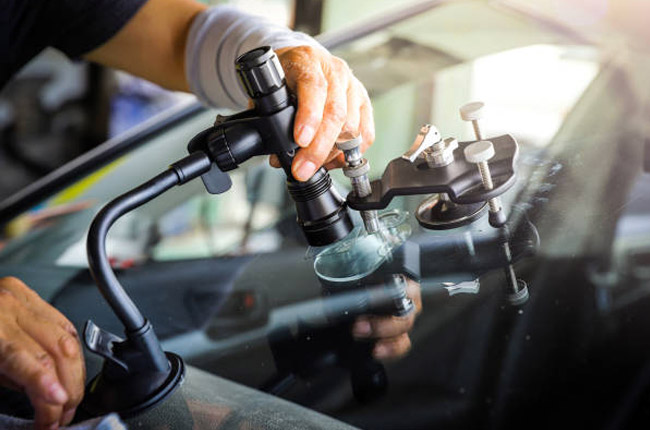What You Need To Know When It Comes To Auto Repair
Surely you have had nasty car repair experiences in the past. You may have had good ones at well, but no one likes shelling out tons of money and wondering what is really going on. Instead, you want the knowledge necessary to make well-informed decisions next time you are dealing with car repairs.
If your vehicle begins making a louder noise than usual, you should suspect the muffler needs replacing. This is a job best done at a shop because it is difficult to work under a car without a lift. You can get a warning or even a ticket if your muffler sounds too loud.
Ask your friends and family for advice on a trust worthy auto body shop. It can be very hard to find a shop that will not rip you off or produce poor quality work. Asking for advice can save you from a lot of wasted money and time trying to do it on your own.
When you are in need of an auto repair, shop around to make sure that you get the best deal. Go to at least three different repair shops to get a quote. If anyone charges something that is unrealistically low or high, you should seek someone else to do the job.
If your vehicle seems to be leaking fluids, start by replacing the gaskets and seals. The most common area for leaks is where different parts join together. You may not need an expensive repair if the leak stems from one of these easily replaceable areas. If the leak continues after replacement, you may have a more extensive leak.
Avoid unexpected auto repair problems while driving by performing a basic safety check before you set out in your car. Start your engine, turn on your lights and your flashers and walk all the way around your car. Check your tires and make sure your lights and flashers are working properly. This simple check will ensure a safer ride and help you avoid the need for emergency repairs.
Follow your car's tune up schedule. Each car is different, and that means each has different needs. A tune up schedule for one will not be the same for another. Look into your car manual for details on a proper tune-up schedule for your model. Otherwise, you could have more problems in the future.
Always keep some tail light tape around. You could get pulled over and get a ticket for a broken tail light. You should remove the light from your vehicle, replace the light-bulb if you need to and wrap the whole light in tape. This is a temporary fix but it is better than driving with a broken light.
If your car needs body work, make sure you know what color paint you have on your vehicle. This information is important for the technician that works on your car. Also, your vehicle identification number is always something good to have on hand. In many cases, you will have to have it just to set up an appointment.
Listen for any strange noises that your car may be making. These may be popping sounds, knocks, squeals, or something else. They are definitely symptoms of some sort of issue that needs auto repair. Keep a log of when you hear them, and note the type of driving you were doing when they occurred. It will help the auto shop diagnose the issue properly.
Before going to a mechanic, educate yourself on the standard classifications of car parts. Parts are classified as new, re-manufactured, rebuilt, and reconditioned, and salvage. New parts are the ones that you want to have installed on your vehicles. Refurbished or rebuilt parts means that these parts have been restored. If a used part is designated as "salvage," it has not been reconditioned.
Remember, you are owed an estimate before any work occurs on your car. If you did not receive an estimate and work did begin, do not feel obligated to move forward with any sort of payment. Move onto a more reputable auto shop as soon as possible if this occurs.
Don't let a mechanic tell you that flushing your engine is routine maintenance. Flushing your engine is generally unnecessary unless you've subjected it to great abuse, (like a long time between oil changes) and it's simply too expensive to purchase unless your car really needs it.
Before you have a mechanic work on your car, get a good estimate of what your bill will be. Understand how much the labor costs will be. This will avoid most surprises. If the repairs will cost significantly more than the estimate, have the mechanic call first to authorize the additional costs.
Feel more confident now that you have the proper information to help guide you through your next car repair. You don't want to get in a web of destruction which comes from making the wrong decisions. Instead, you want to be on top of your game with the information that you've been given.

